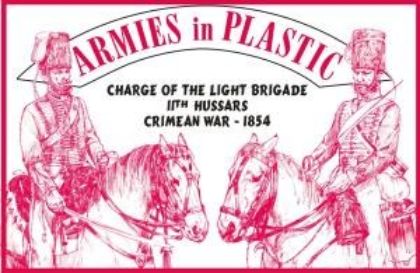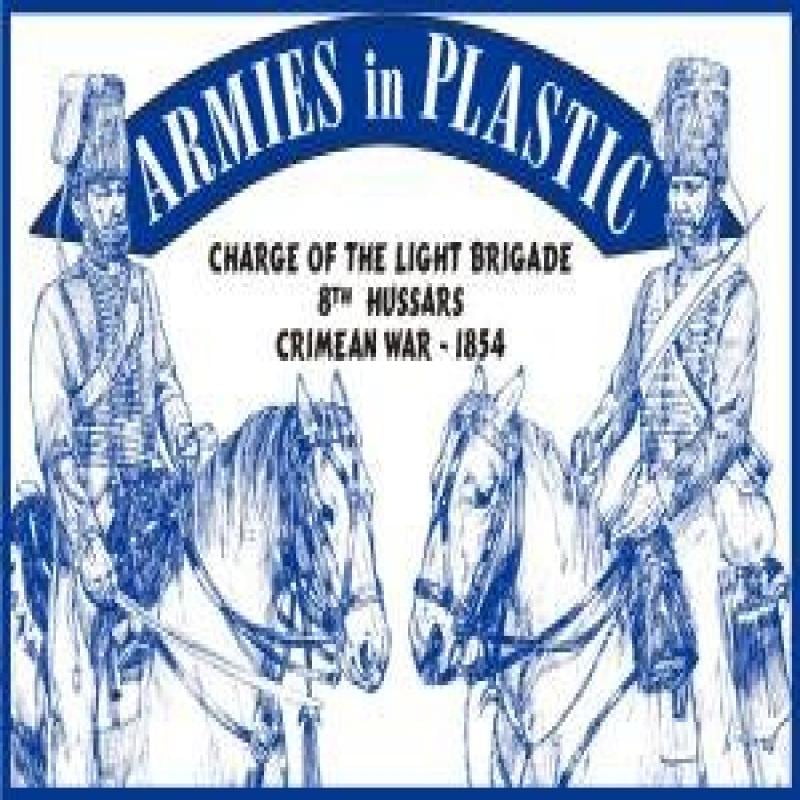
Nolan's father attempted to get him a commission with the British Army, with little success until Nolan's return to the United Kingdom for the coronation of Queen Victoria in July 1838. Although promotions in the Austrian Army theoretically were merit-based, in practice the gentry exchanged favours and money unofficially to secure them. Despite this, his status as a foreigner and a commoner limited his opportunities for promotion. His confidential report from 1838 commended his "great zeal and application", and he was highly popular within the regiment, rising to become the senior lieutenant. Nolan served in Austria, Hungary and on the Polish frontier, and was again noted for his horsemanship and language skills. Nolan graduated from the Pioneer School a year early in May 1835, probably following a recommendation from Prince Liechtenstein, and was made a subaltern in the 10th Austrian Hussar regiment. Other subjects studied there included fortification, water engineering, mathematics, fencing, swimming and bridge-building. With the multi-lingual nature of Austria-Hungary, he also studied languages, including Hungarian. Enthusiastic about the cavalry, he was noted as an excellent horseman and student of military theory, as well as history. His father's desire to see him given a chance to enter a prestigious branch of the armed forces meant that Nolan was regularly transferred to other cadet schools to learn more about the military. The Nolans had a family tradition of military service his grandfather Babington Nolan, whose family came from County Carlow, Ireland, had served in the 13th Light Dragoons. Following his father's dismissal from his minor diplomatic post as a consular agent at the British consulate in Milan, Nolan was accepted into the Austrian Inhaber Pioneer School at Tulln, where he was known as Ludwig by his fellow cadets.

Nolan was born on 4 January 1818 to Captain John Babington Nolan (1786–1850), of the 70th (Surrey) Regiment of Foot, and Elizabeth (née Hartley), in York County, Upper Canada. Contemporary accounts blamed Nolan for failing to properly communicate the order, either accidentally or deliberately, while some modern historians apportion the blame not only to Nolan but also Lord Raglan, commander of the British forces in the Crimea, and the cavalry commander, Lord Lucan.Įarly life and education Lord Fitzroy Somerset, who interviewed Nolan and permitted him to join the British Army After returning he was attached to the staff of General Richard Airey, and in this role delivered the order that led to the Charge of the Light Brigade.įorty per cent of the Light Brigade's soldiers were killed, wounded, captured or rendered unfit for service, including Nolan, who was the first casualty of the charge. A trusted voice on cavalry matters, Nolan was dispatched to the Middle East in the early days of the Crimean War to hunt for appropriate mounts. Returning to Great Britain in 1851, he toured continental Europe and wrote two books on horsemanship and cavalry theory, the second of which, Cavalry: Its History and Tactics, was universally acclaimed and led to the adoption of a Nolan-designed saddle by the British Army.

Due to the nepotism inherent in the Austro-Hungarian armed forces, Nolan succeeded in transferring to the British Army as a Cornet in the 15th Light Dragoons.ĭeployed in India, Nolan was eventually made the regimental riding master and an aide-de-camp to General George Berkeley, commander-in-chief in Madras, accompanying him on horse trials to evaluate the use of geldings as cavalry mounts rather than stallions, and was made a captain in 1850. After early graduation he was commissioned as a subaltern in the 10th Austrian Hussar regiment, serving in Austria, Hungary and on the Polish frontier, where he again became known for his horsemanship and was promoted to senior lieutenant.

Born to a minor diplomatic official and his wife, Nolan was educated at the Austrian Inhaber Pioneer School at Tulln, where he was noted as an enthusiastic horseman and military theorist. Louis Edward Nolan (4 January 1818 – 25 October 1854) was a British Army officer and cavalry tactician best known for his role and death in the Charge of the Light Brigade during the Crimean War.


 0 kommentar(er)
0 kommentar(er)
